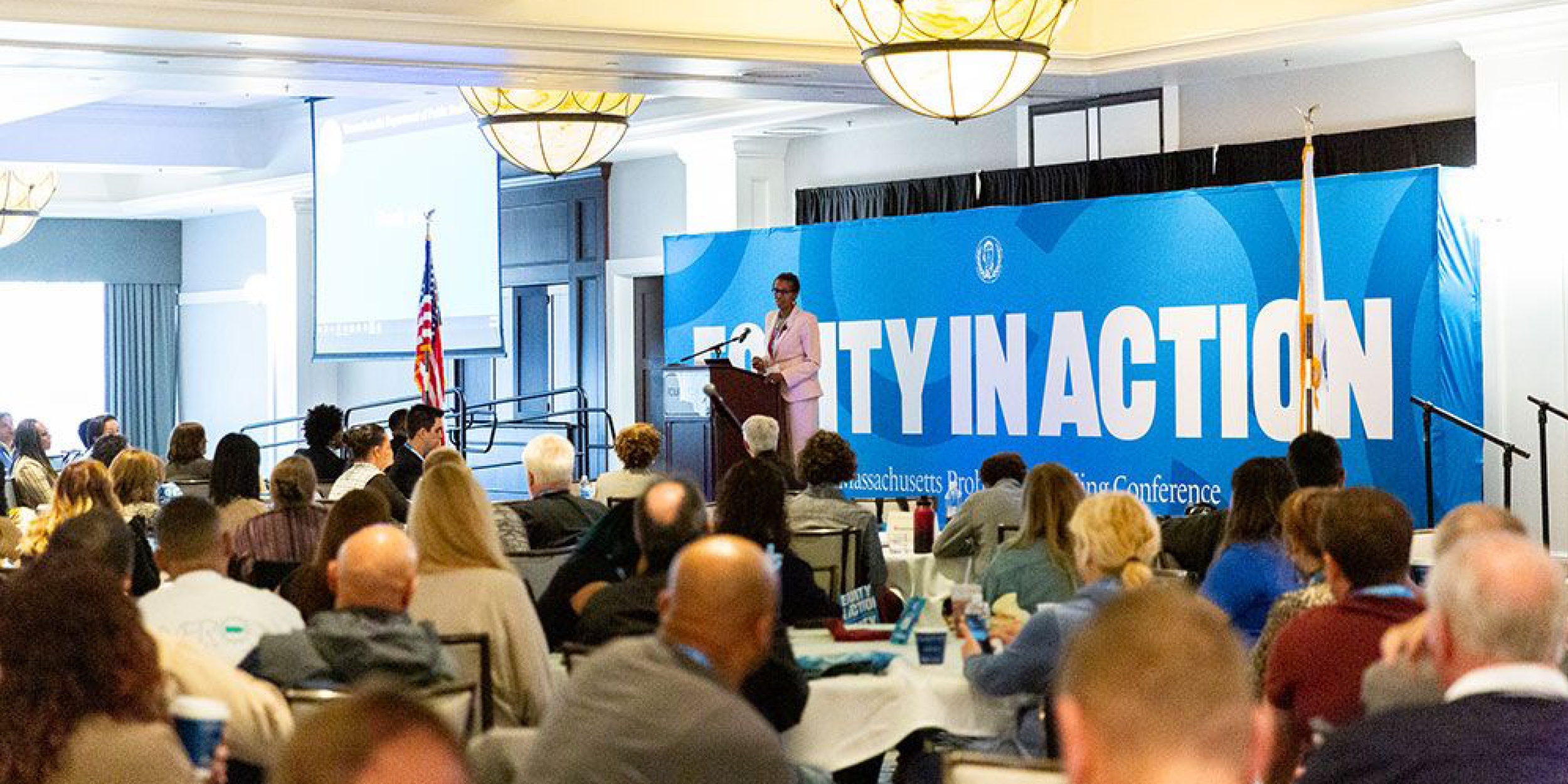United States
For decades, EDC has improved education, workforce development, and health outcomes for millions of children, youth, and adults nationwide.

Overview
By building coalitions with state, school district, health department,and community, and industry partners, EDC creates pathways to well-being and success.
For decades, EDC has been a national leader in addressing challenges across the lifespan, including early childhood education, STEM education, workforce preparation, mental health, wellness, and suicide prevention. Programs such as the Zero Suicide Institute and First 10 demonstrate our commitment to engaging partners in advancing innovative, effective, and sustainable solutions. Our education initiatives, such as the Regional Educational Laboratory (REL) Northeast & Islands at EDC, further demonstrate our commitment to improving lives and communities. Through REL, we partner with educators, policymakers, and researchers to deliver impactful research and tools that translate insights into actionable solutions.
Partnerships in The United States
Featured Project
Math for All
This project aims to expand the successful Math for All professional learning program and support the sustainability, spread, and shift to local ownership of Math for All.
Read more






